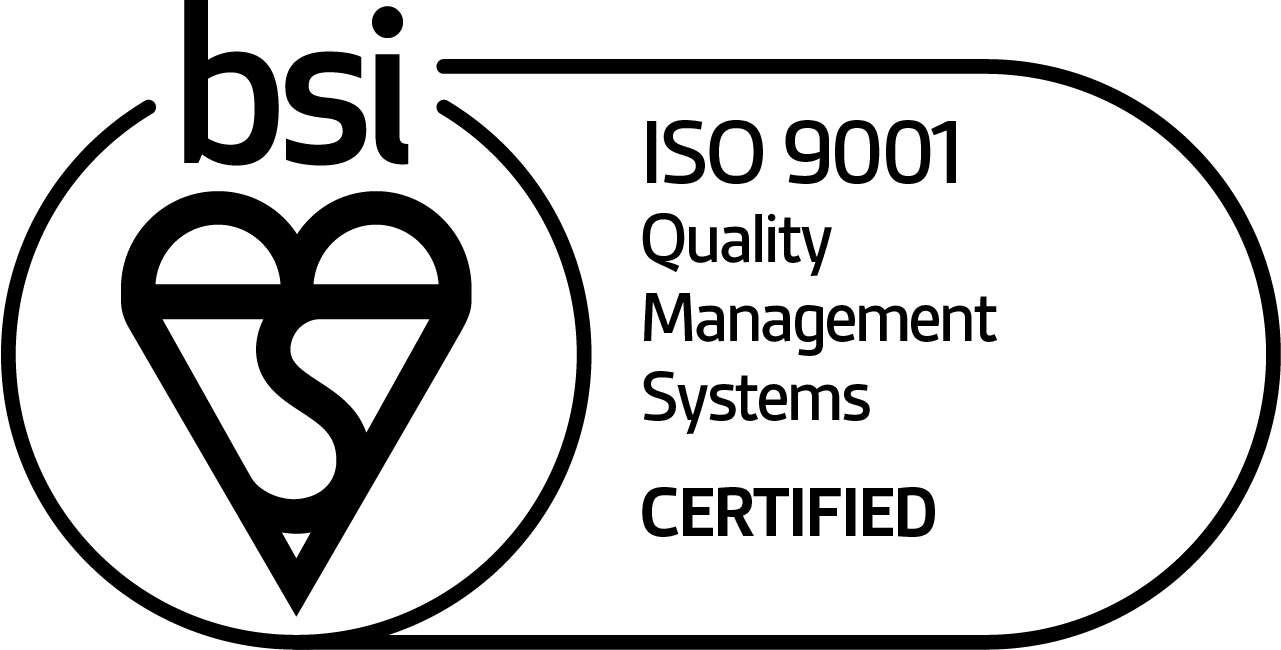| How to Refrigerate Vaccines to Prevent Contamination During Flu Season7 September 2017 Flu season can negatively affect many individuals, and in turn this places an extreme demand on surgeries and hospitals to provide flu vaccines. It will therefore be paramount that plenty of flu vaccines and vaccination medication is stored at hand to ensure that patients can receive vaccines against flu as soon as it is required. These vaccines and related medication must be stored at a precise temperature of between 2°C and 8°C, and any deviation from this can result in vaccine contamination, gross medication wastage, and unnecessary expenditure as a result of premature stock replenishment. The most practical method of ensuring vaccines are kept at optimal temperature is to install specially designed refrigeration units that offer both temperature control and monitoring settings. To help you find the most practical refrigerator for storing vaccines, whether in a hospital, pharmacy, or care home environment, we've compiled this guide to medical fridges that can accommodate the stringent requirements for vaccination storage. Reading and Recording TemperatureVaccines must be stored at a variable temperature of between +2°C and +8°C. While a domestic refrigerator may offer similar temperatures, only specially designed medical fridges provide accurate temperature control and monitoring. Such refrigerators have been manufactured by brands including Sunflower Medical and Lec Medical, two leading names in the pharmaceutical sector and healthcare industry. How to Organise Vaccines In the FridgeIt is not only the temperature of the fridge that can significantly impact the storage of vaccines, but also the way in which they are arranged inside the unit. Vaccines should not be packed too tightly side by side, as this can restrict the airflow between them, thus altering the temperature in the immediate surroundings. Where space is plentiful, larger or freestanding refrigerators will be ideal for ensuring that plenty of space is available for vaccines. In environments where space is limited, fridges with shelving and separate compartments will be practical, such as the Lec PE307C Solid-Door Under-Counter Pharmacy Refrigerator, which features wire shelving for optimal airflow and storage space. Vaccines should be kept away from any fans or vents inside the fridge as temperature in those areas is most susceptible to fluctuation. It is also imperative that vaccines are kept as far away from freezer compartments where they are present, as temperatures below 2°C can severely damage vaccines. Ideally, vaccines would be stored on their own in a refrigeration unit, but, in cases where other medications and drugs must be stored in the same fridge, vaccines should be kept above other stock to prevent against contamination caused by leaks or spills. Reduce the Need to Open the DoorOne of the main factors affecting refrigeration temperature is infiltration from air outside the unit. The more room-temperature air that reaches the fridge, the longer it will take for normal programmed refrigeration temperature to be restored. Fridges such as the Lec PE109C Countertop Pharmacy Refrigerator are fan assisted, which will help to encourage a quickened restoration of fridge temperature once the door has been closed. However, even when a fan is present, the most convenient way of preventing against temperature alterations is to reduce the need to open the fridge door. The fridge should not be used for domestic or personal use, such as storing staff lunches, as this can both damage the vaccines and increase the need to open the door. There is also a selection of refrigerators with glass doors, and these are ideal for viewing the contents at a glance, thus eliminating the need to open the door during a stock check. Monitor and Control AccessBy installing fridges that offer restricted and monitored access, there will be a reduced risk of vaccines becoming contaminated or removed from the unit. Many fridges feature locks, allowing keys to be allocated to specific members of staff for controlled access. One such fridge is the Lec PGR600UK Large Glass-Door Freestanding Pharmacy Refrigerator, which also includes alerts to indicate when the door has been opened, thus allowing any accident openings to be rectified as quickly as possible. Ensuring that access to vaccine refrigerators is monitored and restricted will be important not just in pharmacies and general practices where large quantities may be held, but also in care homes and similar patient environments, as patients may open fridges accidentally. Keeping fridges locked and maintaining controlled access will both prevent against deviations in fridge temperature and the misplacement of stock. Protect the PlugTo ensure that the refrigerator is not accidentally switched off, clear signs should be placed near the socket and plug. They should indicate that the refrigerator should not be turned off under any circumstances, as not every member of staff, particularly those visiting the building or employed through an agency, may not be familiar with the storage requirements. This preventative measure can significantly reduce the risk of fridges being accidentally switched off, thus safeguarding against the potential loss of stock and subsequent expenditure with vaccine replenishment. If Vaccine Contamination Does Occur Even once specialist medical refrigerators have been installed, there is still a risk of temperatures deviating, either due to power failures or other external factors affecting the air both inside and outside of the fridge unit. If this does occur, action should be taken immediately to assess and, where possible, save vaccines from contamination. The affected vaccines should be clearly labelled and moved to another refrigerator that has been set at the required temperature. It is then advised that the vaccine manufactures are contacted for information about whether or not the vaccines can still be used. In certain cases, such as when it is unknown for how long the temperature has been out of range, it may not be possible to save the vaccines. However, some vaccines and certain circumstances may allow them to still be safe for use, and the manufacturer will advise on this accordingly. Finding the Right RefrigeratorsWith all of this in mind, steps can be taken to choosing the most practical refrigerators for the individual requirements of the vaccination providers. Whether a compact or larger capacity is required, and with a solid or glass door, a wide range of refrigerators for vaccines can be found at Medical Supplies. Click here to view our full range of refrigerators available from Medical Supplies. Do you have anything to add? Let us know in the comments, or find us on Twitter and Facebook! |




